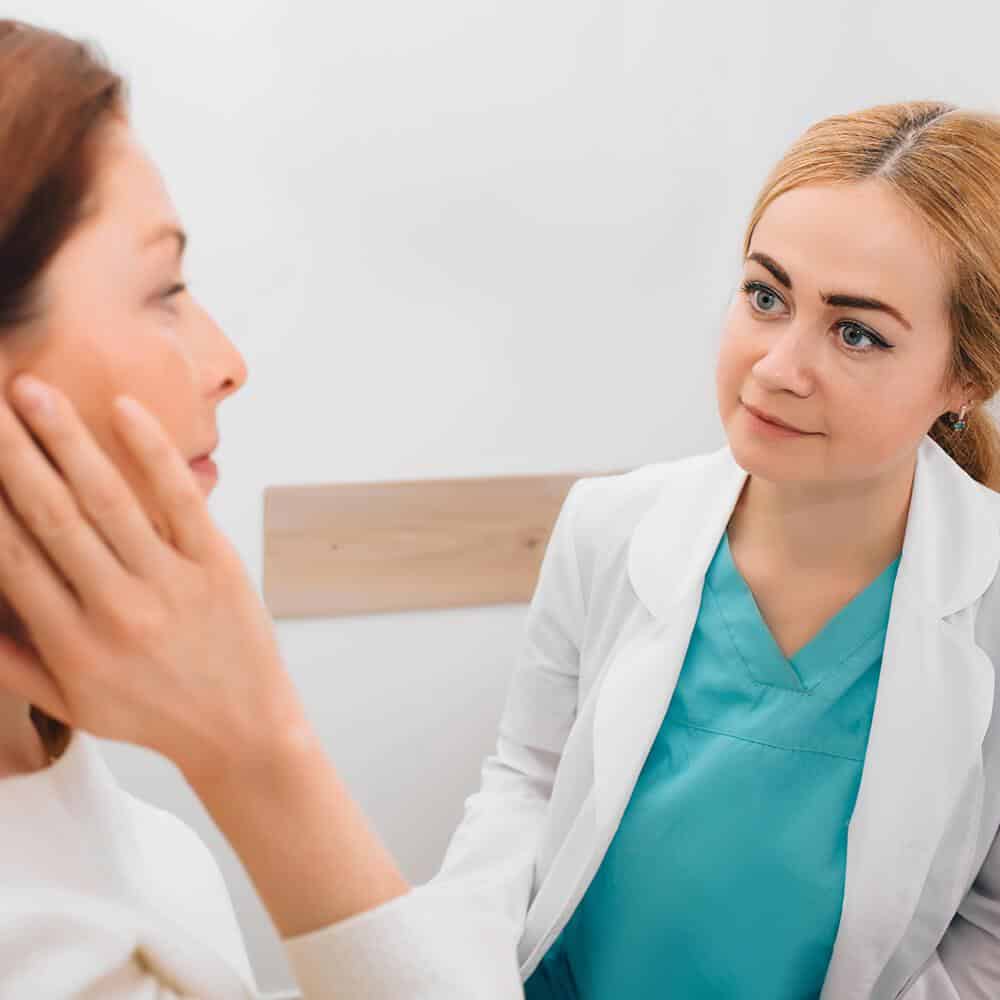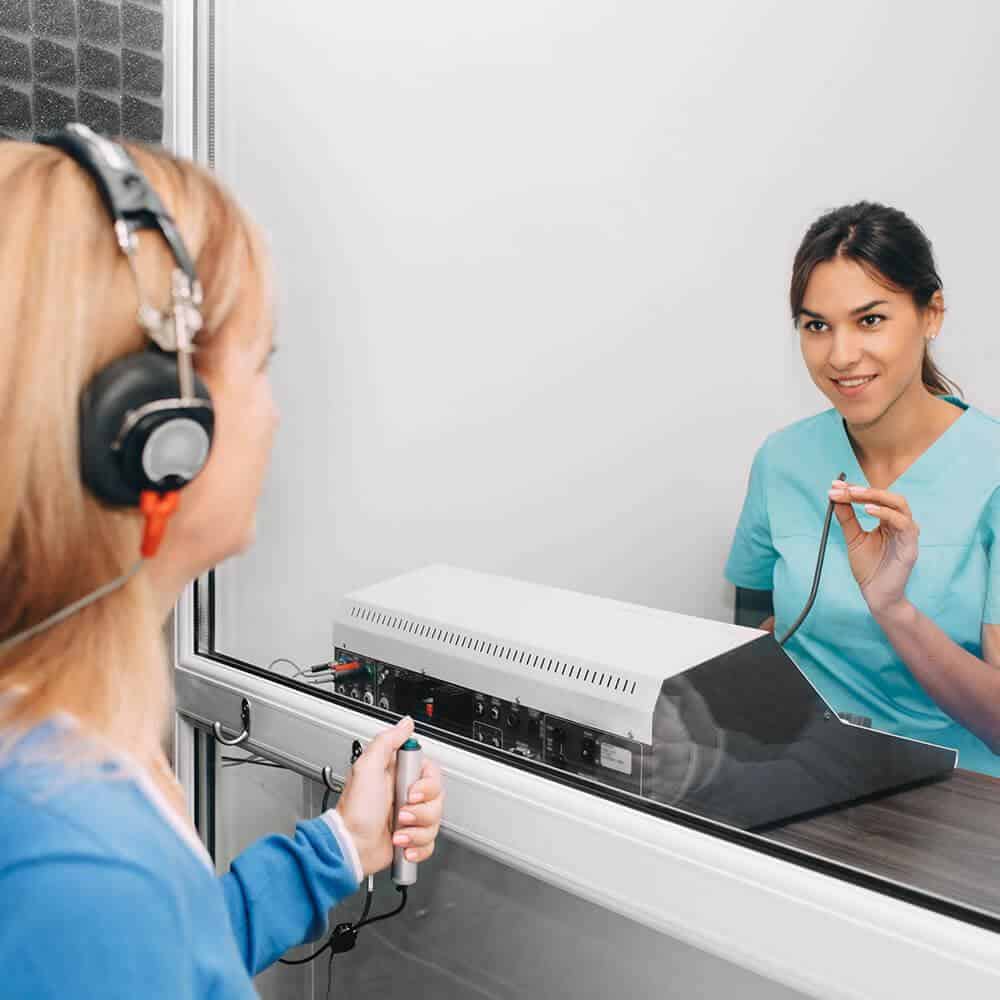What to Expect at a Hearing Test
This page is for you if you wonder what to expect at a hearing test. You may have decided to take the initiative to improve your hearing health and we must congratulate you on that! Treating your hearing loss results is major gains for your overall health, not just your hearing.
You may feel uncomfortable about the possibility of a hearing exam, but you shouldn't worry: a hearing test is pain free and non-invasive, and it's a minor procedure from beginning to end. Hearing exams are designed to assess your sound perception and processing capabilities, as well as ability to recognize speech. If a hearing loss is identified, the hearing test is also meant to determine the nature of hearing loss you have and the extent to which you are experiencing it.
Here’s what you can expect from a hearing exam with us.

1. A consultation
When you first arrive, you’ll be greeted warmly by one of our members of staff for a consultation. We will explore your medical history, medicine, and conditions that may have impacted your hearing over the years. It is also necessary to let us know if you have recently suffered from exposure to loud noises. Some causes of hearing loss include medication, loud noise exposure, and even the common cold. We might also discuss your lifestyle such as your daily schedule, physical activities and work details. The information you provide will prove useful in diagnosing the exact cause and nature of any hearing loss you may have.
2. An Ear Exam
We use an otoscope during this stage to look into your ear canals and see if there are any signs of damage or obstruction. Occasionally, hearing loss can occur due to excessive earwax or eardrum rupture. This step is painless and will be over at a moment's notice.


3. Hearing Test
At Beverly Hills Hearing Center, We depend on a rigorous suite of hearing test determine your hearing capabilities. We will usually get you to sit in a soundproof room during this phase of your visit so that we may conduct the tests without any external sound skewing the results. Here are a few of tests you might expect:
Pure tone test: We're going to play a sequence of sounds of different frequencies and when you hear a sound you'll signal to let us know.
Speech recognition test: We'll read out words or phrases at different volumes and distances in the speech recognition section of this test and you will be asked to reiterate these words to let us know that you have understood them.
Auditory Brainstem Response: This test is used to determine whether you have a sensorineural hearing loss. You will be asked to sit still as we play a series of sounds. There are a variety of sensors that monitor the reaction of your brain to these sounds.
Otoacoustic Emissions: This examination looks at your inner ear's hair cells that turn sound waves into neural signals, recording the 'emissions' given off by the cell when they are interacting with sound.
Tympanogramy: This examination focuses on the middle ear and investigates any anatomical irregularities that might be interfering with your hearing function.
4. Your test results
After you complete these tests, the findings will be displayed on an audiogram, which is a representation of your hearing capacity in each ear. Based on this analysis, we will explain how well you are hearing and set the next plan of action. If hearing loss is observed, we'll recommend the best way to treat the hearing loss. This will often involve hearing aids, as they are the most effective way to treat mild to severe hearing loss. Based on your budget, lifestyle and level of hearing loss, we'll help you find one that suits your needs.
The hardest part of a hearing exam is making the decision to schedule one. Only after having an accurate analysis of your existing hearing will you be able to benefit from treatment and begin to improve your quality of life. Our mission is to help you restore the connections you have with your friends, your family and the wider world. Contact us today to set up a hearing exam with us!
